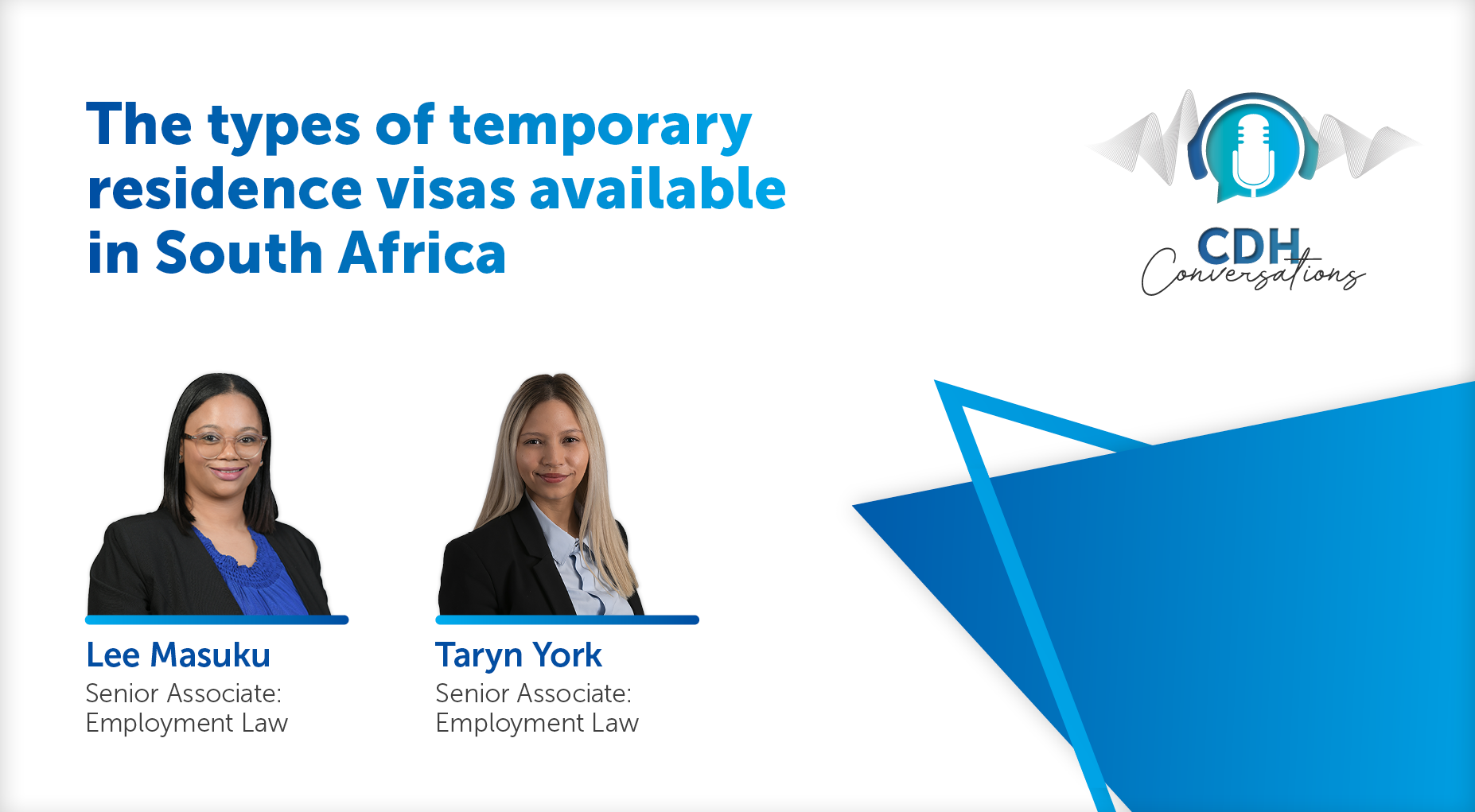Don’t get CC’d in someone else’s fraud
At a glance
- In a recent ruling by the Supreme Court of Appeal, it confirmed that simply being a registered member of a close corporation does not automatically land you in hot water when another member commits fraud.
- Key to this finding was an interpretation of section 65 of the Close Corporations Act 69 of 1984 (CC Act), which governs the ability of a court to declare that the juristic personality of a close corporation can be ignored where the court finds that there has been gross abuse of the juristic personality of that close corporation.
- However, it should also be a lesson to members wishing to exit a close corporation that the proper exit procedures must be followed in terms of section 37 of the CC Act, as a simple resignation letter has no legal effect.
The Supreme Court of Appeal (SCA) has delivered a judgment that will have passive close corporation members breathing easier. Recently, the SCA ruled that simply being a registered member of a close corporation does not automatically land you in hot water when another member cooks the books.
Key to this finding was an interpretation of section 65 of the Close Corporations Act 69 of 1984 (CC Act), which governs the ability of a court to declare that the juristic personality of a close corporation can be ignored where the court finds that there has been gross abuse of the juristic personality of that close corporation.
Background
Herman Crous held a 49% membership interest in Eastco Travel CC, while his daughter Lorraine Fourie held the remaining 51%.
Fourie operated a fraudulent scheme through the close corporation (CC) offering discounted flights, collecting upfront payments from clients and subsequently cancelling bookings and misappropriating the funds. Crous had no involvement in or knowledge of the management of the CC, or the fraudulent conduct, having been an entirely passive member of the CC.
Wynberg Boys High School launched an urgent application against Fourie, Crous and the CC seeking the winding up of the CC and that Fourie and Crous, jointly and severally, pay back the amounts which Wynberg Boys lost as a result of the fraudulent scheme.
The Gauteng Division of the High Court, Pretoria, gave a judgment against Crous, Fourie and the CC in favour of Wynberg Boys, despite Crous’s defence that he had no involvement in or knowledge of the management of the CC or of the fraudulent scheme operated by Fourie. Crous had even purported to resign from the CC several years before by handing over a signed resignation letter to Fourie. Although, it should be noted that it is not possible for a member of a close corporation to simply ‘resign’ from that membership.
Supreme Court of Appeal
On appeal, the SCA considered section 65 of the CC Act and clarified that the provision requires more than mere membership to impose personal liability on a member of a close corporation. Specifically, section 65 demands “conduct which amounts to, or contributes to, ‘gross abuse’ of the juristic personality of a close corporation by such member”.
The SCA went on to consider section 65 in conjunction with sections 63 and 64 of the CC Act, which read together require a member to have “authorised” or “knowingly” permitted improper conduct which contributed to the gross abuse.
The SCA further rejected the High Court’s finding that members owe fiduciary duties to the public and highlighted the fact that section 42 of the CC Act clearly states that members stand in a fiduciary relationship to the corporation and not to other stakeholders.
On this basis, the SCA upheld the appeal and found that Fourie alone had grossly abused the juristic personality of the CC, and therefore Crous was not liable jointly and severally for payment to Wynberg Boys.
Important takeaways
Ignorance can indeed be bliss!
This judgment fortifies important protections for passive or inactive members of close corporations who do not participate in the management of the corporation. However, it should also be a lesson to members wishing to exit a close corporation that the proper exit procedures must be followed in terms of section 37 of the CC Act, as a simple resignation letter has no legal effect. The SCA has also provided a prudent reminder to creditors that piercing the corporate veil requires more than proof of membership alone.
Overall, this judgment provides important clarity and first-class protection for passive members of close corporations. It reinforces that South African law does not impose blanket liability on all members simply by virtue of their membership status. However, those actively or even knowingly involved in wrongdoing remain fully exposed to personal liability. The decision strikes an appropriate balance between protecting innocent parties and ensuring accountability for those who abuse corporate structures.
There are no new albums for close corporations, but they still have a few good performances left in them.
The information and material published on this website is provided for general purposes only and does not constitute legal advice. We make every effort to ensure that the content is updated regularly and to offer the most current and accurate information. Please consult one of our lawyers on any specific legal problem or matter. We accept no responsibility for any loss or damage, whether direct or consequential, which may arise from reliance on the information contained in these pages. Please refer to our full terms and conditions. Copyright © 2026 Cliffe Dekker Hofmeyr. All rights reserved. For permission to reproduce an article or publication, please contact us cliffedekkerhofmeyr@cdhlegal.com.
Subscribe
We support our clients’ strategic and operational needs by offering innovative, integrated and high quality thought leadership. To stay up to date on the latest legal developments that may potentially impact your business, subscribe to our alerts, seminar and webinar invitations.
Subscribe




